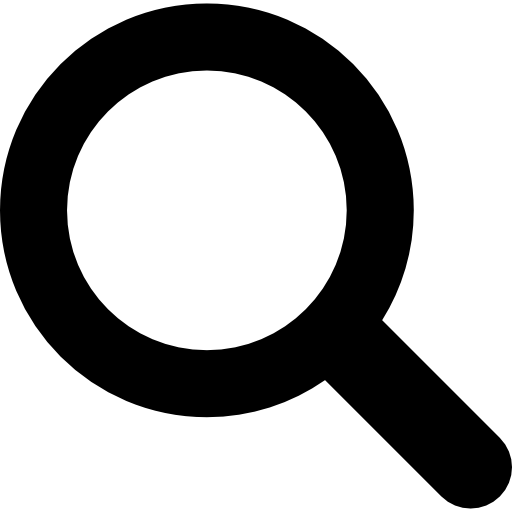Can you remember when you started going through puberty? I certainly can because I was in Year 3 when my breasts started budding, and I felt really self-conscious, especially when my family commented about my gaining weight, looking older than my age, and curvier, and said that I needed to wear a bra. When I was in Year 4 my aunty even asked me if I had my period yet! I was mortified!
As I teach, I am noticing particularly more girls going through puberty at an earlier age. Today, starting your period in Year 4 isn’t seen as too early, but in the past, it was considered so.
What is precocious puberty?
Precocious puberty is when children go through puberty at an earlier age often presenting as breast growth and menstruation in girls before age 8, and testicular enlargement and facial/pubic hair growth in boys before age 9.
Did you know also know that most girls go through puberty one year before most boys? But how do you know that your child has started going through puberty?
It’s a question that I often get asked. They will probably have more mood swings, and feel awkward (and I don’t blame them!) smellier body odour, growth spurts, hungrier, pimples, pubic hair, and breast buds. Many experts still refer to the ‘Tanner Scale’ which was developed by an English pediatrician James Tanner about what order the changes happen in during puberty.
I wrote 2 blogs about it here: 5 Stages of Puberty in Most Girls and 5 Stages of Puberty in Most Boys
So why is puberty starting earlier than ever before? Here are 8 reasons why puberty might be starting earlier.
1. Improved access to nutrition
Particularly in developed nations, better nutrition has raised the average body weight of many children. Body fat levels may prompt the release of hormones like leptin, potentially hastening puberty.
2. A surge in childhood obesity rates
Excessive body fat can disrupt hormonal equilibrium, activating the pituitary gland earlier than usual which begins the puberty process.
3. Exposure to endocrine disruptors
May be prevalent in everyday items like plastics and pesticides and interfere with natural hormones, causing puberty to begin earlier.
4. Socioeconomic status
As children from lower income backgrounds may face early puberty due poor nutrition.
5. Genetics
Can also significantly contribute, with certain variations predisposing individuals to early or late puberty.
6. Lifestyle factors
Sedentary behaviour, screen time, and disrupted sleep patterns also influence puberty onset by affecting hormone regulation and circadian rhythms.
7. Psychosocial elements
Things like stress, family dynamics, and exposure to sexualised media can also impact the timing of puberty.
8. Geographical and ethnic differences
These may be influenced by climate, diet, cultural practices, and genetics.
So, what do this mean for parents?
We need to get our heads out of the sand
Parents need to realise that early puberty doesn't signify health problems, dietary issues or that something is wrong.
Treat our kids like kids
Despite physical changes, children going through puberty early still need to be treated as such, avoiding premature sexualisation or expecting adult behaviour.
We need to educate our kids earlier
Starting puberty education earlier promotes empathy, preparedness and understanding. In Australia, the curriculum is improving by introducing puberty education in Year 4 instead of Years 5 or 6. Puberty isn't a sudden affliction, rather it's a natural part of life that we should approach with a sense of positivity.
Understanding and embodying diversity as an adult
Puberty is a complex interplay of different factors but whenever and however it happens will be different for every child. Acknowledging puberty's individualised nature and normalising puberty as a universal experience fosters compassion and readiness. What I say to the families that I teach is that there is an ‘average’ age but not a ‘normal’ age that children go through puberty. Everyone is different so as parents let’s be inclusive and open-minded.
Final Words
Let’s be real – what’s our ultimate goal for our kids as they grow? We want them to be happy, safe, and healthy. That’s why it’s essential to start educating them earlier and have conversations with your children before it starts. Treat your kids like kids even if they look like adults and embrace diversity so they can navigate puberty with knowledge, confidence and preparedness.
As Puberty is starting earlier, here are some books for young readers:
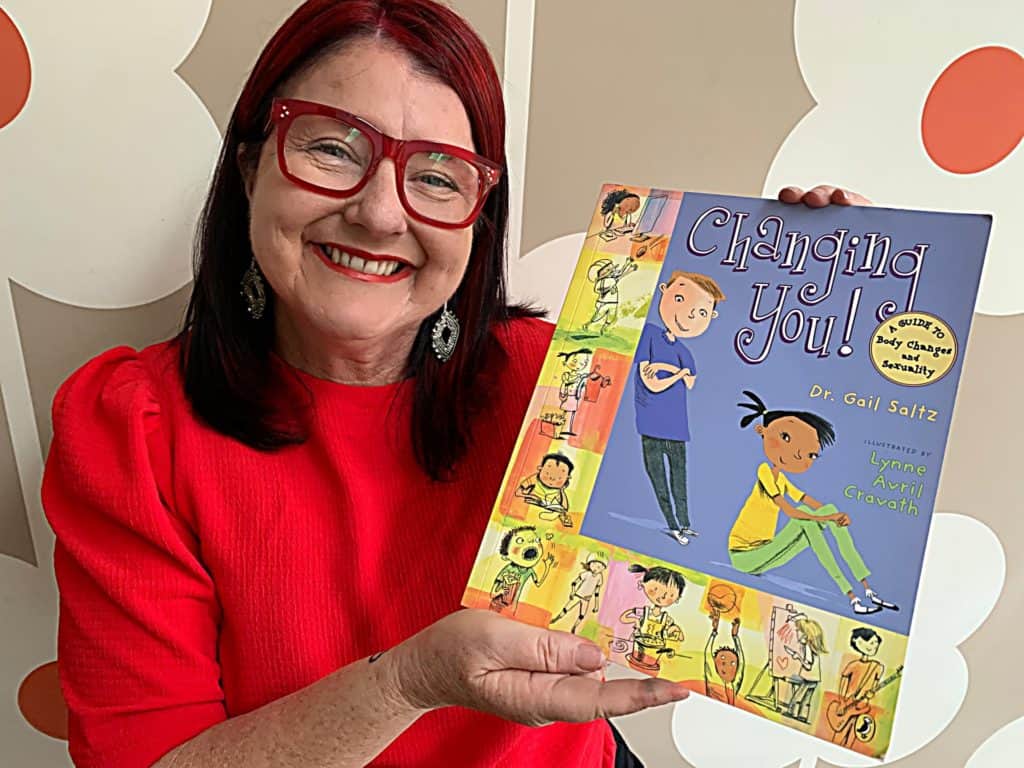
Changing You!
This book by Dr Gail Saltz was first published in 2007. It is a follow up to the popular companion called 'Amazing You'. As kids start growing up they experience so many changes that can be difficult, so talking about puberty at an early age prepares them and normalises conversations. This book talks about how these changes happen, but also anatomy, sexual intercourse, reproduction and emerging sexuality.
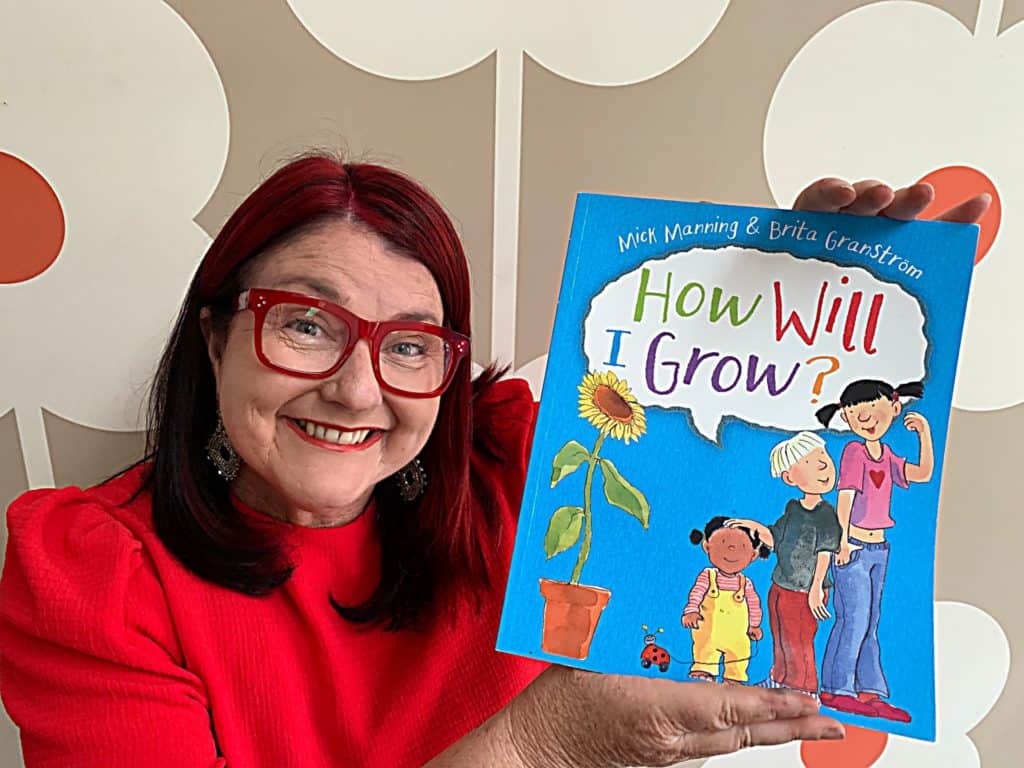
How Will I Grow?
This book is a companion to How did I begin? and is and age appropriate book for young children ages 6-8 about puberty.
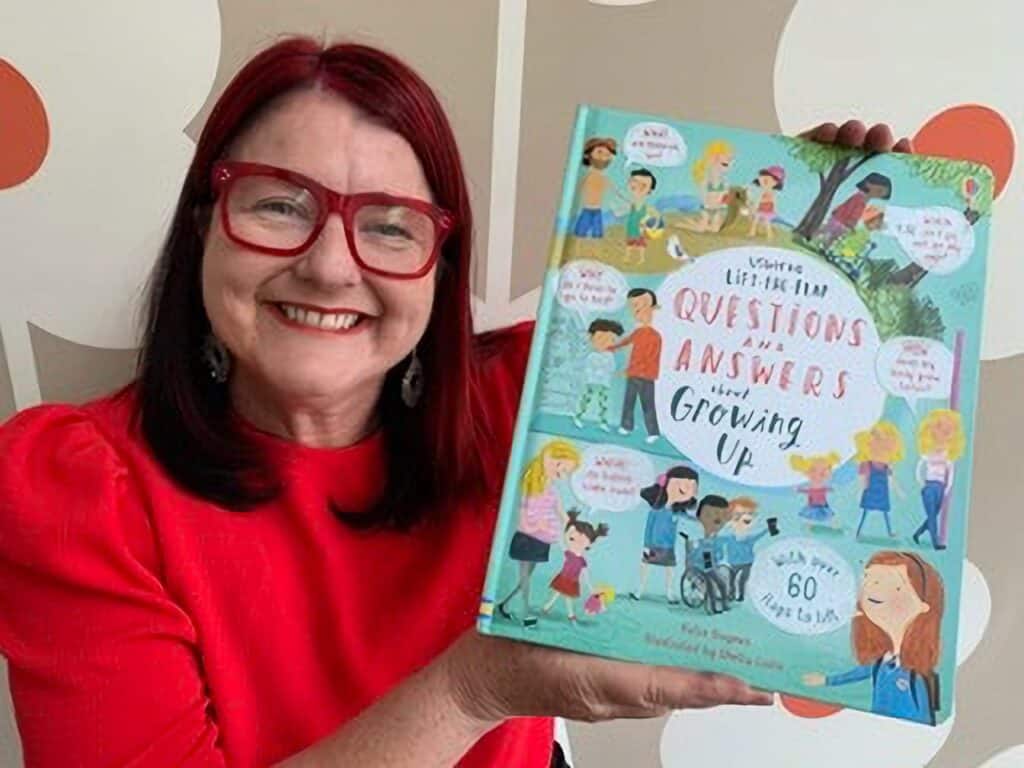
Lift-the-Flap Questions Answers about Growing Up
Lift the Flap Questions and Answers about Growing Up was written by Katie Daynes and illustrated by Shelley Laslo for kids aged 4 and up. It’s part of the Usborne Lift the Flap series, which aims to educate kids in a fun and engaging way.
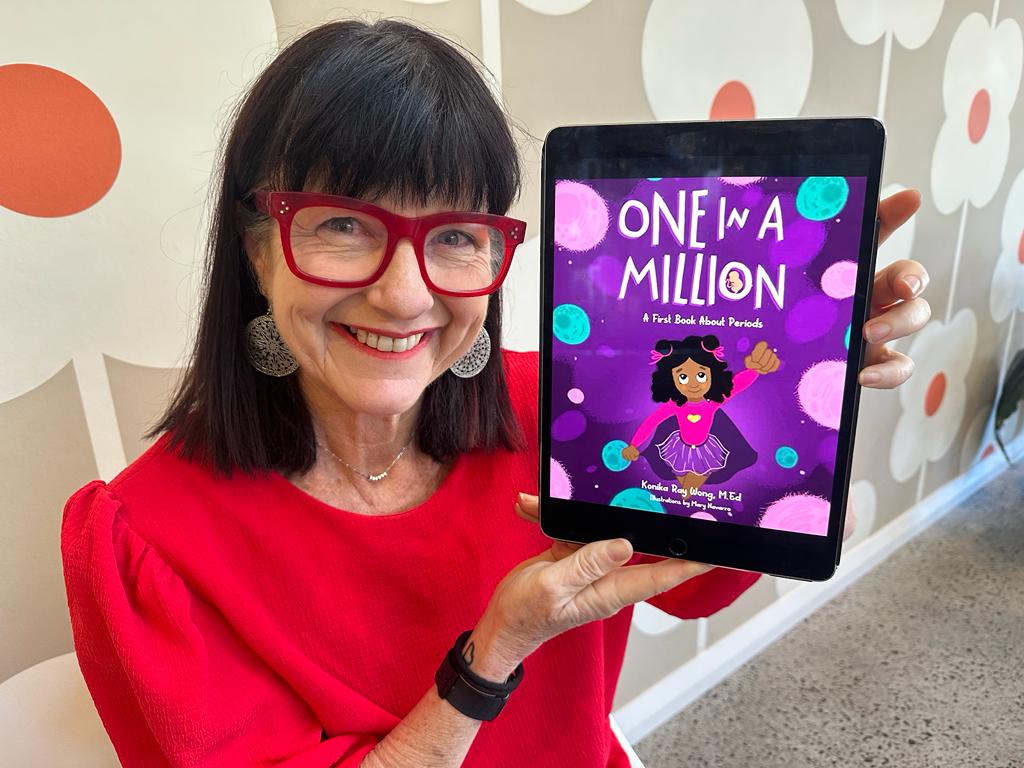
One in a Million: A First Book about Periods
This first introduction about periods is a guided story for children (ages 4+) to read with a grown-up. The author has shared this story with her own daughter and thousands of her students. The child friendly characters and simple scientifically accurate text set a positive tone about periods without shame or stigma attached.

